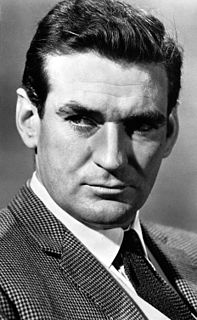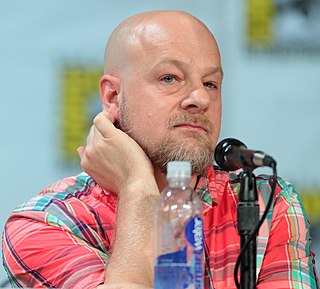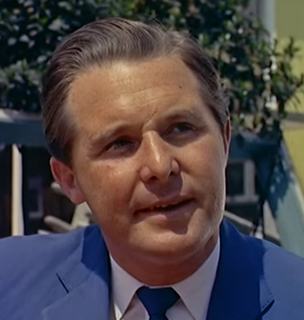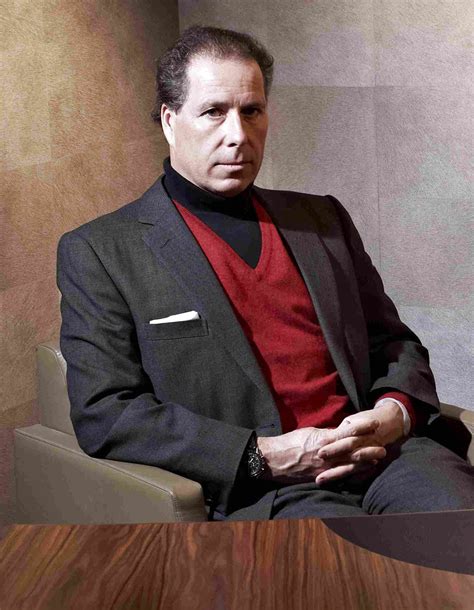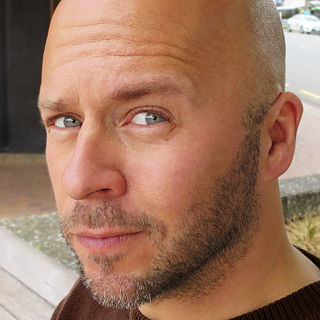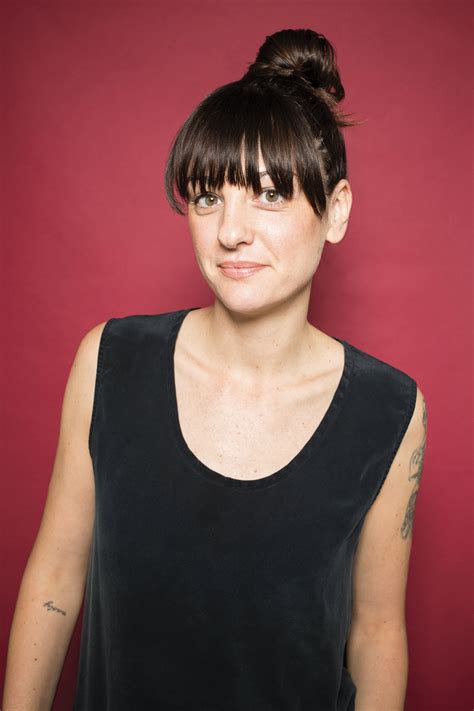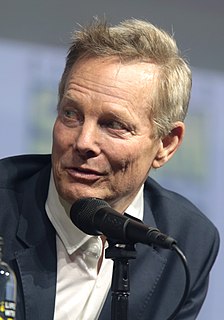A Quote by David Hare
In those days, the early 1980s, TV and film were interchangeable.
Related Quotes
Maybe if I'd gone in younger, I wouldn't have had that feeling, but I've seen an enormous amount of changes since the early-'70s in how this stuff is shot. I did the first TV movie ever shot in 18 days; before this film the normal length of shooting a TV movie was between 21 and 26 days. We shot a full-up, two-hour TV movie in 18 days with Donald Sutherland playing the lead, who had never worked on television before.
I have stood aside to see the phantoms of those days go by me. They are gone, and I resume the journey of my story.’ (David Copperfield) “But all that night he lay awake because the phantoms of those days were not gone. Like the tiny, terrible holes in the prophylactics, the phantoms of those days were not easy to detect—and their meaning was unknown—but they were there.
My filmmaking style of remixing came out of necessity. When I was a film theory student at UC Berkeley in the early 1990s, there were no film production facilities. The only way I learned to tell stories on film was by re-cutting and splicing together celluloid of old movies, early animated films, home films, sound slug - anything I could get my hands on.








